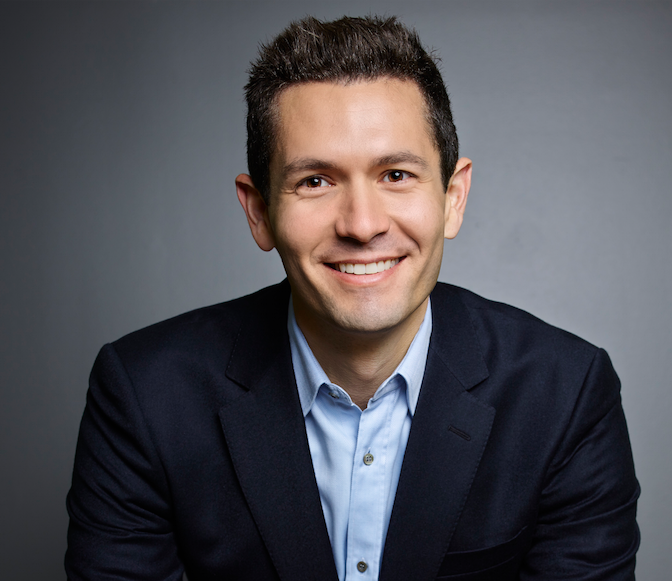Quick Answer
Nobody plans on being in an accident. Well, except for maybe stunt drivers. But if you’re like most Americans, you’re not a stunt driver, so you probably haven’t thought through what happens if you get hurt in an accident.
The good news is that there are thousands of personal injury lawyers, healthcare providers, and case managers waiting to help. But as in any hundred-billion-dollar industry, it isn’t always easy to tell who’s telling you the truth and who’s telling you what you want to hear just so they can make a buck (or millions of them).
Here are five questions that are crucial to ask a personal injury lawyer before hiring them to work on your case:
1. How much do you charge and do you have any incentive to keep my costs down so I get a large part of my settlement?
Odds are that you’ve seen billboards and TV commercials where personal injury lawyers say, “We only get paid if you win!” They’re telling you the truth, but they’re not telling you the whole truth.
Nearly all personal injury attorneys work on what is called contingency. It’s a multi-syllable word that means you only have to pay your attorney if you win a settlement.
The total settlement is the total amount of money you win in a case. Most billboard injury attorneys calculate their fee based on this number, charging 33% on average if your case settles before a lawsuit is filed and up to 40% at some firms if your case goes to trial. If your case settles for $10,000, for example, the typical injury attorney could pocket $3,300 to $4,000 before you, or your medical bills, see a dime.
The amount you get from the settlement is the total amount of money leftover after all expenses related to your case, including medical bills, case costs, and more are deducted. Here’s where things get interesting: your lawyers have a bit of a conflict of interest here because often they’re incentivized to increase your costs, because, well, you pay them and they don’t. You should ask your attorney about this conflict and see what their firm does to address it. Here are a few things you should be looking for:
- A firm has policies to disclose any personal relationships with people they refer you to
- A firm that has policies against passing operational-like expenses on to you that they should pay for as part of the fee they earn
- A firm that gets paid less the more expenses you have to ensure you get more and that your interests are aligned with theirs.
2. What other fees come out of my settlement?
The fee you pay your personal injury lawyer only covers their time and expertise. Costs you would think are included, from copying documents to retrieving medical records and paying for postage stamps, actually aren’t. Those costs are paid out of your settlement after your attorney takes their fee, leaving less money leftover for you and your bills.
3. What is included in your service?
The typical injury attorney will only focus on the aspects of your case that can increase the total settlement, leaving you to figure out everything else. Will they help you figure out how to get money upfront while you’re waiting for your case to settle that doesn’t cost, well, an arm and leg. Will they help you get a rental car or a ride while your vehicle is in the shop? This brings up another not-so-obvious truth about most billboard injury lawyers: they often won’t even help resolve property damage related to your case. So if your car was damaged in your accident, you’re on your own to negotiate with the other party’s insurance company who will be motivated to lowball the value of the repairs you need.
4. If you refer me to a medical provider or other service provider, are you willing to disclose the nature of your relationship with them?
Some personal injury law firms have what’s called a reciprocal referral arrangement with medical providers. In these types of arrangements, the doctor or lawyer who refers you to the other will get a kickback (cash or quid pro quo) for referring you to them. If your brain is wondering, “How is this ethical?” It really is, because relationships are never formalized between the parties, nobody ever gets caught. But, especially because the ultimate value of your case is based a lot upon the severity of your injuries, and the severity of your injuries is measured by the extensiveness of the treatment you receive, unethical doctors and lawyers may advise you to get unnecessary and invasive treatments just so they can bloat their bottom line.
5. What happens if I decide I don’t want you to continue representing my case?
Switching lawyers can be scary and stressful, but it happens every day. It’s 100% okay for you to walk away, but you need to know there could be strings attached. Typical injury attorneys will often have a lien on your case from the first day they work on it. That means they may have a right to a slice of your settlement, even if you stop working with them. You should be looking for attorneys that don’t penalize you if you leave after a short period of time and decide to pursue the case yourself or with another law firm. Finding a law firm that promises this is also usually the best way to know that that you’re not being baited and switched.
If you like the answers you hear to these questions, you’ve probably found a lawyer who will really be on your side. If not, you’ll want to keep looking and that’s okay. Choosing your personal injury attorney is something you should be choosy about. 100%.
Know Your Claim’s Worth—and Settle It
Serious injury or no injury at all, move your case forward instantly from your phone.
Thank you for submitting your information.

About the author
Joshua is a lawyer and tech entrepreneur who speaks and writes frequently on the civil justice system. Previously, Joshua founded Betterfly, a VC-backed marketplace that reimagined how consumers find local services by connecting them to individuals rather than companies. Betterfly was acquired by Takelessons in 2014. Joshua holds a JD from Emory University, and a BA in Economics and MA in Accounting from the University of Michigan.






